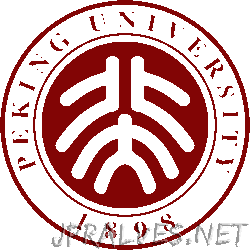Other
“Metal-insulator transition (MIT) driven by many-body interactions is an important phenomenon in condensed matter physics. Exotic phases always emerge around the metal-insulator transition points where quantum fluctuations arise from a competition among spin, charge, orbital, and lattice degrees of freedom …

“A team of researchers at Peking University has built a carbon nanotube-based working transistor and report that it outperformed larger transistors made with silicon. In their paper published in the journal Science, the team describes how they built the transistor …

